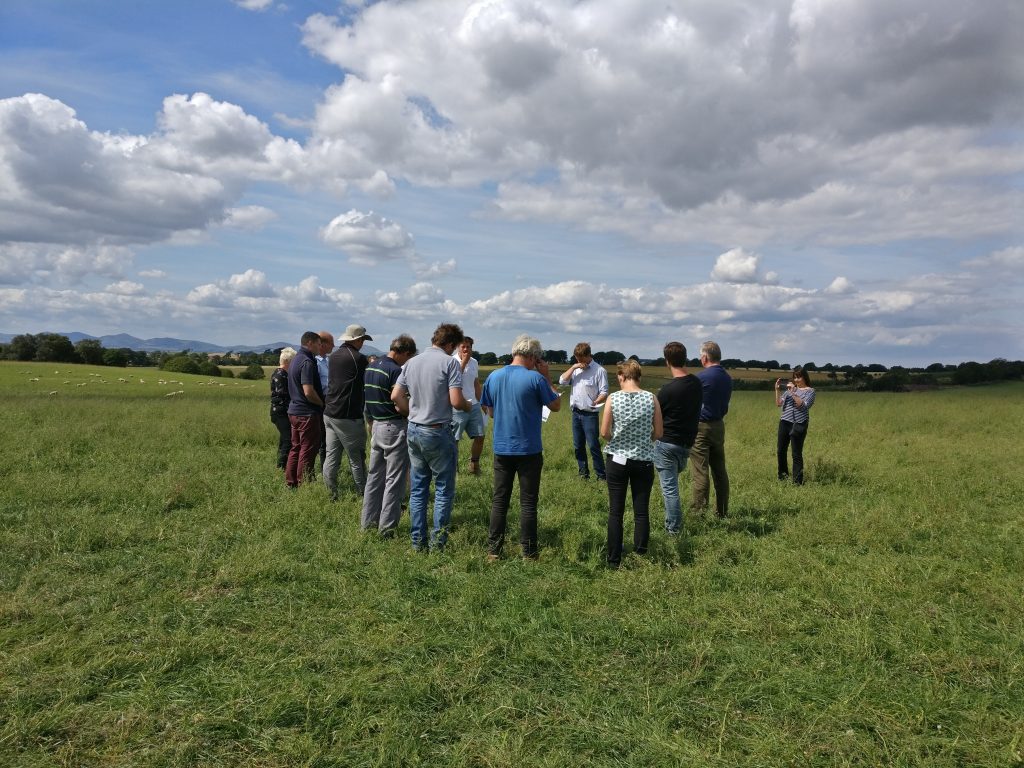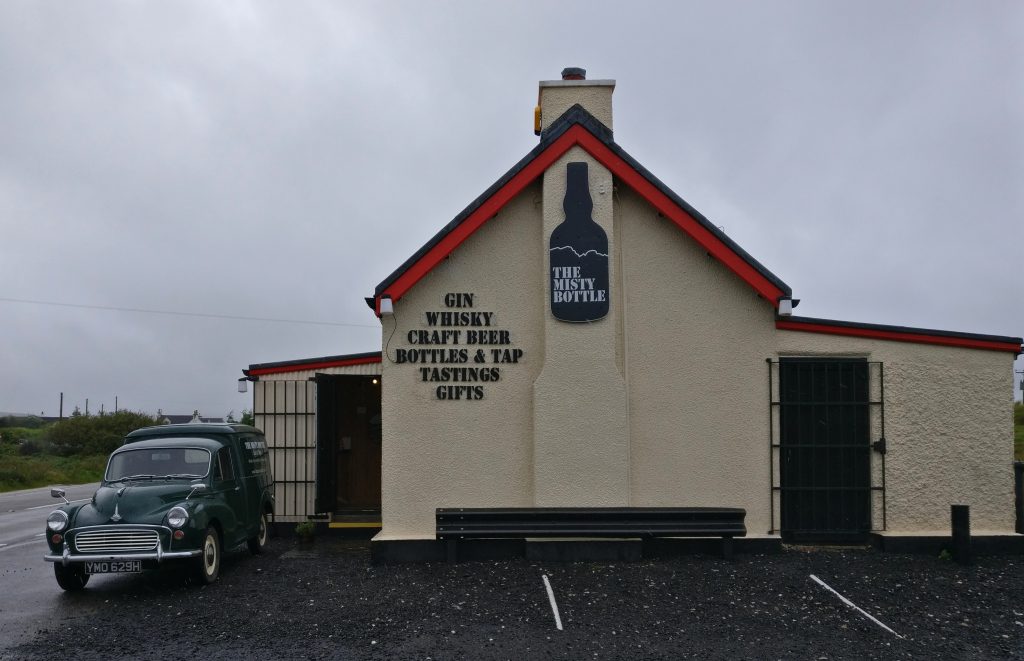A contribution from the Social, Economic and Geographical Sciences (SEGS) Group at The James Hutton Institute
Written by Annie McKee, with contributions from: Dominic Duckett, Mags Currie, Carla Barlagne, Claire Hardy, Leanne Townsend, Sharon Flanigan, Ruth Wilson, Jon Hopkins, and Annabel Pinker
As a social science research group, we spend much of our time undertaking social research in rural communities and with land managers across Scotland, and internationally. We get to know people and community groups, and follow their progress with interest. During this period of global crisis, many of us are concerned about the impact of the Covid-19 outbreak (‘Coronavirus’) on rural Scotland.
Through a series of blog posts, we have shared some our social science experience to consider how rural Scotland can and might respond to the Coronavirus crisis. We considered first the key factors that underpin community resilience, followed by the impact on aspects of Scottish agriculture, and finally the potential for positive change post-virus. For each blog post, we collectively posed the questions: what do we know already from our social science experience, and how can this knowledge help rural communities, businesses, and policy makers respond? Here we summarise this blog series and provide links to the underpinning research.

As described in Part 1 of this blog series, many research projects in rural communities across Scotland have sought to understand the key factors that underpin community resilience. ‘Community resilience’ is understood as a community’s capacity to adapt to change, whether as a result of an emergency or cumulative, long-term transformation. Long-term rural decline (e.g. depopulation, ageing, unemployment, etc.), as well as more sudden disruptive change, can particularly affect the resilience of communities in remote and rural areas of Scotland. Underpinning resilience in rural communities therefore relies on shared understandings of what ‘community resilience’ means in practice, the existence of positive community capacity and social capital, as well as local community resilience groups and social innovation. These features of community resilience will be vital to support rural communities during and after the Coronavirus crisis.
In Part 2 we turned to the impact of the Coronavirus crisis on aspects of Scottish agriculture, in particular the value of collaboration and peer-to-peer learning in farming communities. Research has demonstrated that machinery rings represent an opportunity for farmers to circumvent concerns relating to loss of independence and autonomy by accessing collaboration as a form of service provision mediated through facilitators. Examples of facilitation skills and networks being mobilised to provide immediate support for citizens and businesses experiencing economic impacts associated with measures to limit the spread of Covid-19 are already being seen.

It is clear that the Coronavirus outbreak has given rise to greater public awareness and interest in where our food is produced, food supply chains, and therefore arguably, how land is used for food production in Scotland and beyond. In post-virus Scotland, we anticipate more people seeking to access locally-grown food and a revival of small-scale food production to meet this demand. It may be necessary to consider incentivising landowners to provide access to land for smallholders and other new entrants to agriculture.
Finally, in Part 3, we focussed on the how the virus outbreak may open up opportunities and instigate advances in technology that could lead to positive changes in rural Scotland.
Provision of services to rural communities, particularly those in more sparsely populated parts of Scotland, has long been recognised as a challenge and the Coronavirus crisis brings some of the consequences of this into sharp relief, not least access to healthcare facilities. Solutions arise with digital technology, including eHealth and online education opportunities, although these are not always easily adopted by older people.

Access to digital tools may help to maintain communication within and between communities, supporting the maintenance of social bonds. The greater everyday use of such tools will help to embed them after the crisis. However, it is important to identify inequality and rural diversity in Scotland, and whether all communities have the resources and local human capital to respond effectively. Critically, we may therefore underestimate the vulnerability of some more remote rural areas with an aging population profile, a relatively high proportion of self-employed workers and small businesses, and poorer access to services and online connectivity. This is an important consideration in the promotion of ‘spatial justice’ and wellbeing in rural communities, ensuring that opportunities are equitable and overcome the impact of a post-virus global recession.
The SEGS group at the James Hutton Institute seeks to continue to share relevant research experience and develop new research that will support all communities in rural Scotland in light of the Coronavirus crisis. Please don’t hesitate to contact us with research suggestions or questions.
